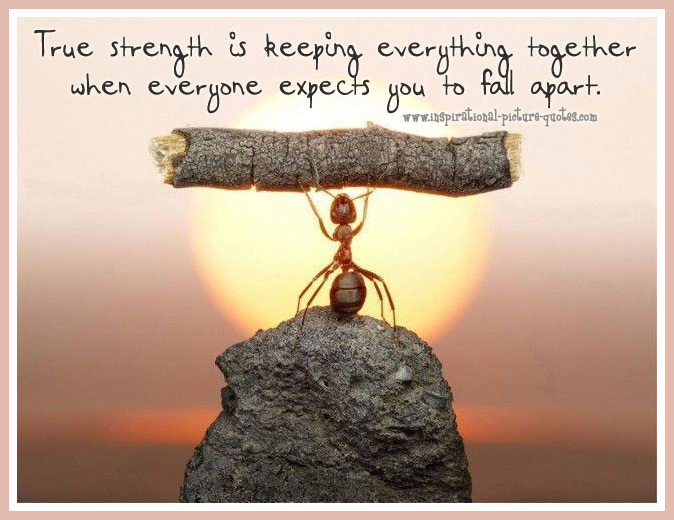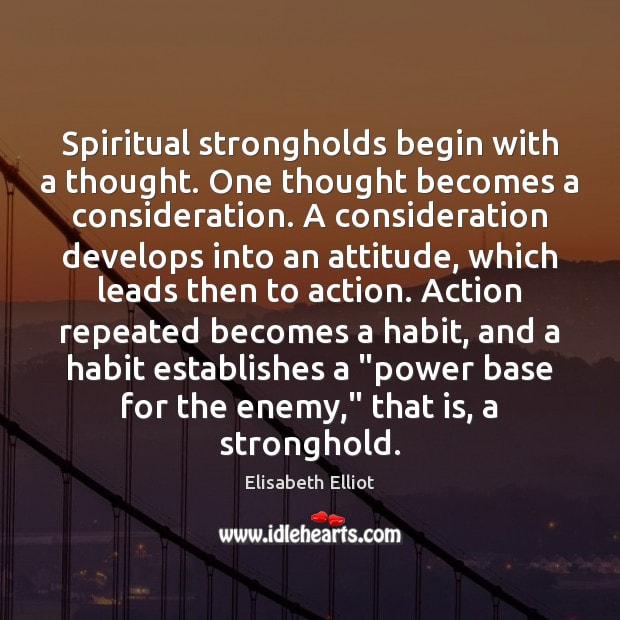"But I will sing of your strength, in the morning I will sing of your love; for you are my fortress, my refuge in times of trouble."
1) Own your emotions.
Don’t blame your emotions on your circumstances or other people. For example, we often think that a particular person made us angry. It’s true that someone can push your buttons, provoke you and cause a certain emotion like anger begin to rise up in you. But you choose what you do with that.
If it was true that someone could actually “make” you angry, that would mean they control you.
The same is true with gratitude, happiness, and contentment, as examples. No one can make you feel grateful, happy, or content. These are emotions that you choose.
If other people were responsible for your happiness, you could only experience as much happiness as they could or would give you. Ruth did not become bitter like Naomi no, she brought joy back to Naomi…the pleasantness for which she was named.
2) Lead your emotions.
Either you lead your emotions, or they lead you.
It’s not always easy, but vitally important for a leader.
When you are under pressure, stressed, tired, or feeling overwhelmed, that’s when leading your emotions is most important.
To lead your emotions is to be present with your feelings. This enables you to guide them and shape them rather than being owned or controlled by them.
Let’s take positive emotions as an example.
Your work as a spiritual leader is serious work. It involves people, problems and even spiritual warfare. Over time this process will drain you.
Therefore, it’s vital that you purposely cultivate positive emotions such as joy, gratitude, love, compassion, and contentment.
You can choose to laugh, play, serve, and give. You can choose staff, friends, and even service providers that you enjoy being around.
You can take charge and lead your emotions, rather than be governed by them.
3) Mature your emotions.
Maturing your emotions is the goal of owning and leading your emotions.
No one wants to live like a robot, or expects perfectly “contained” emotions. Your emotions are an expression of life and make you an interesting person.
At the same time, people can’t trust a leader whose emotions are unpredictable, or may erupt at any moment.
Remaining poised when the heat is on is an indication of maturity with your emotions.
Emotional maturity is required to be freed up and real, and at the same time self-controlled and even tempered.
Prayer, wise counsel, and intentional effort, combined with selfless living, are key components that help your emotions mature.
ACTION STEP: Cultivate these emotions listed here today. When you catch yourself losing it remember the ant and hold it together. Don't react but rather respond in love from your maturing self. Every time you do you will get stronger.
Tomorrow, we will look at emotions that can take a leader out.
Remember, I believe in you and you need to believe in yourself.














 RSS Feed
RSS Feed